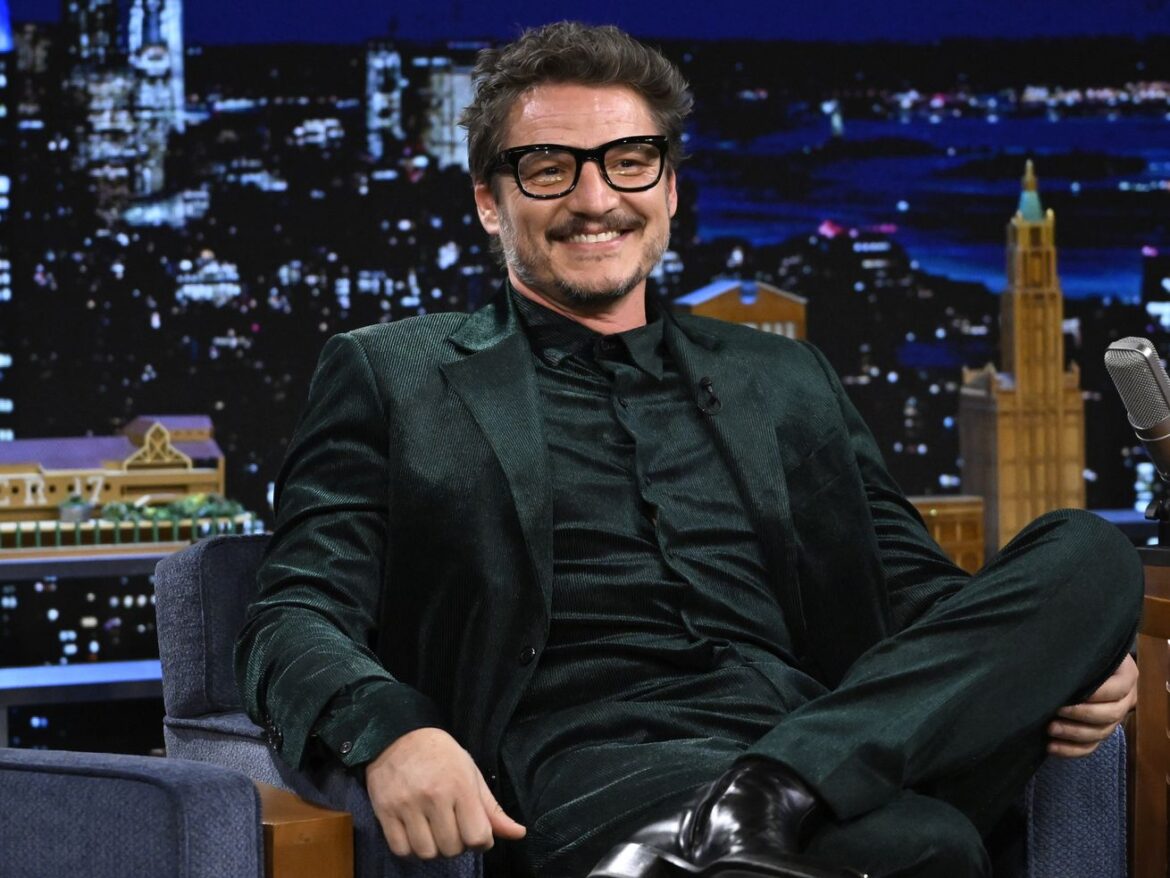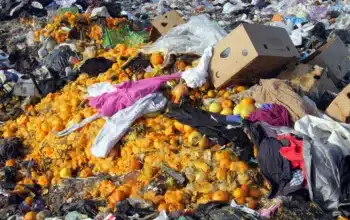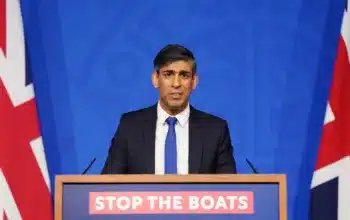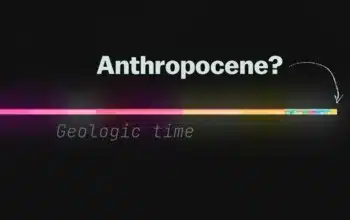The star of HBO’s The Last of Us has that certain … something.
At this point, it’s almost impossible to avoid Pedro Pascal. Avoiding him is like evading gravity, unfeasible unless one has access to, say, the moon. The 47-year-old actor is the lead of HBO’s The Last of Us, the biggest show of the moment. In March, he’ll resume his role as the Mandalorian in The Mandalorian, the Star Wars television spinoff that will probably be the biggest show of its moment when the series revs up its third season. Previously, Pascal starred in Narcos and wielded hot bisexual chaos as Oberyn Martel in Game of Thrones.
Even if you aren’t watching these shows or know nothing about Pedro Pascal, be prepared because he is coming for you, whether you like it or not.
Part of that inevitability is his presence on these popular shows, and Pascal himself being a handsome good sport who gives good interview. The other part of the Pedro Pascal fame equation is that this is a man who has no problem being the internet’s current It Daddy.
He said it himself: “I am your cool slutty daddy,” Pascal announced last month at the red carpet premiere for The Last Of Us. Those words, in that combination, coming from Pascal’s pillowy lips, set his fans ablaze.
The declaration was a continuation of a daddy determination already in the making. Pascal told Vanity Fair last year that he “was the bigger daddy” than Narcos costar and Dune daddy Oscar Isaac and that “daddy is a state of mind.”
And just this weekend, Pascal appeared on Saturday Night Live and starred in a sketch (with good friend Sarah Paulson) that was all about the public’s unquenchable thirst for him, and his bewilderment over and ultimate acceptance of his daddy status:
I have to imagine that Pascal’s daddy mode is in large part the work of a savvy PR team that understands the interminable horniness of the internet. The internet is a deeply randy place, and harnessing its power means being able to speak fluently to its raunchy denizens.
But this particular cool slutty daddy is also an opportunity to look at what we mean when we say daddy.
It wasn’t too long ago that tastemakers had determined that “daddy” had reached a point in the culture where words could no longer describe its entirety. That daddy was a psychosexual fantasy, sincere and ironic, a joke, a sign of our own failed relationships with our fathers, not actually a sign of our own failed relationships with our fathers, gendered, agender, mainstream, and subversive all at the same time. So what does Pascal’s daddiness mean in this post-daddy world, if it means anything at all?
We’re living in Pedro Pascal’s daddy era
Pedro Pascal didn’t invent the concept of “daddy,” nor will he be the last to embody it. Daddies have always existed in our world. They’re handsomely beautiful, the type that comes with age, maybe to the point of surprise. They’re authority figures. They’re effortlessly kind, but not always nice. They’re the antithesis of toxic masculinity, though their attractiveness has often been tethered to an oedipal taboo — “complexes” and “issues.” And daddies would never call typically themselves daddy first, as it’s a title that is bestowed rather than self-proclaimed. Think Tony Leung, Chris Meloni, Idris Elba, Mad Men co-stars John Slattery and Jon Hamm, Matthew Goode, Keanu Reeves.
We hit peak daddy saturation around 2016. Eve Peyser wrote the definitive piece for New York, tracing its roots, finding its seductiveness, and praising its utility as joke, rubric, noun, and adjective. Back then, Peyser saw that the term was facing its own incursion, that the only way it could survive would be through irony:
The daddy joke is that we have control over the way we manifest “daddy”; that we could, one day, even become our own daddy. (The daddy joke is we know we can’t.) And sometimes the daddy joke isn’t a joke at all. Sometimes we just want to fuck a daddy, and what could be funnier than that!
Daddy worship had gotten so bad at that point that it spurred a viral “stop appropriating Daddy” diatribe. “Don’t have deep psychosexual Freudian and Oedipal trauma/dysfunction? Good for you. Stop appropriating ‘Daddy,’” the screed read. Daddy was too mainstream, this internet user argued, that its edges, all of its subversiveness and thrill, had been sanded off and turned into mainstream fluff.
The next year, the critically loved video game Dream Daddy was released. It gave users the option of courting seven unique daddies, like Craig, a fitness daddy who’s into the outdoors, or Damien, a pale, goth daddy who possesses an extreme affinity toward the Victorian era. The goal was to figure out what made these men tick — fishing trips, dive bars, the History Channel, etc. — and ostensibly make the Dream Daddies fall in love with you.
By December 2018, the New York Times had declared it the “Year of the Daddy.” (That May, the New York Times’s T Magazine had dubbed the time the “Age of the Twink.” “Twink” and “daddy” are, to those familiar with gay slang, antonyms.)
When any term gets this big, when the spectacle it attracts is so huge, it signals the twilight of its appeal and the beginning of its recession. Not that I fully believe in the science of Google Trends, but the data shows the term peaking in 2017, and searches never hit that peak again.
In the current iteration of daddyfication, the one that’s embodied by Pascal, there’s more irony. When he’s saying it on the red carpet or referring to himself as the bigger daddy than Isaac, Pascal is in on a joke. The SNL sketch, too, is about how Gen Z, especially, throws around words nonchalantly, and that “daddy” no longer comes with the weight of admitting all the stuff — sex, complexes, bad relationships with our own fathers, etc. — that it did before.
The word still holds many of the same tenets that it did before, but it’s more of an assessment of a type of hot now. What makes Pascal’s version so prominent are the roles he’s become famous for: gruff father figures who provide care and authority but not necessarily love.
In The Last of Us, a stylish adaptation of the award-winning zombie apocalypse video game, Pascal plays Joel, proof that handsome men still exist in end times. It’s a sensory shock to watch this extremely handsome, emotionally isolated man and his ashy beard sauntering through the stink of fungal-infected blood and zombie rot.
Joel is the reluctant guardian to 14-year-old Ellie, a girl who might have the cure for the infection, and said reluctance might make Joel even more appealing. Someone who’s effervescent and cuddly as planet Earth faces total annihilation isn’t exactly hot. And Joel’s protection of Ellie is a duty and a promise he makes to his late partner, Tess, complicated by the experience of losing his own daughter. He’s responsible and loyal, but not exactly lovable. Protecting her is his job.
/cdn.vox-cdn.com/uploads/chorus_asset/file/24423791/1421550573.jpg)
Laurent Koffel/Gamma-Rapho via Getty Images
There are more than a few similarities between Pascal’s role in The Last of Us and his run as the Mandalorian in The Mandalorian. In the Disney+ series, he’s tasked with taking care of Grogu, a.k.a. Baby Yoda. While Baby Yoda has powers like telekinesis and telepathy, he’s largely defenseless, and Pascal’s Mandalorian — who Pascal admits speaks in a breathy, porny voice — is (at first) unenthusiastically in charge of Baby Yoda’s well-being.
Both Pascal’s characters drive home the taxonomic distinction between daddy and dad. The small, young people they’re taking care of aren’t their biological children. Both men are authority figures but not necessarily parents. They love but not unconditionally, not yet. That isn’t to say that dads aren’t capable of achieving daddy status, but it’s important to divorce the concept of daddy from fatherhood. Reflexively, it highlights the thin threshold that separates the two very different but similar-sounding ideas. Like, you probably wouldn’t want your own father to be called “daddy.” At the very least, not within earshot.
Men and the absence of daddy
Pedro Pascal’s ascension to daddyhood has coincided, strangely, with less appealing developments among two very prominent men who are distinctly, absolutely not daddy: Leonardo DiCaprio and Tom Brady. DiCaprio was recently spotted with a 19-year-old model, setting off alarm bells that the actor was once again dating someone 20-plus years younger than him, and will not date anyone over the age of 25. The idea of the 48-year-old actor dating someone who had their high school education disrupted by Covid shutdowns is considered tacky, if not hilariously gross, by many.
The fantasy of daddy now exists primarily as a one-way pursuit. Daddies are the object of affection, and if a daddy is actively pursuing anyone, let alone a recent high school graduate, they are no longer daddy.
Meanwhile, this same week, fellow mid-40-year-old famous man Tom Brady announced his retirement from football. To commemorate it, he posted a picture of himself on a bed, shirtless and wearing underwear, hand covering his bulge, with the caption, “Did I do this right?” The caption is meant to evoke innocence or unknowingness, but the sequence of events — loss, retirement, underwear selfie — gives off the vibe of a man continuing to fumble his divorce.
Divorce, like daddy, is a mindset. Tom Brady is extremely divorced and extremely not daddy.
On paper, these are the types of men — powerful, rich, successful, award-winning, in their 40s — that could theoretically be daddies but are absolutely not in practice. Barring some behavioral changes, no amount of wealth, fame, or success could make these men daddy. In fact, how these men behave paints a picture, in negative, of what daddies are and how they’re supposed to be. Their deficit of daddy highlights what daddy is.
And maybe this all points to how much of what we think of daddy can only exist as fantasy. Like any ideal, the minute it becomes real, the less fun it becomes. And Pedro Pascal is having all the fun he can.



